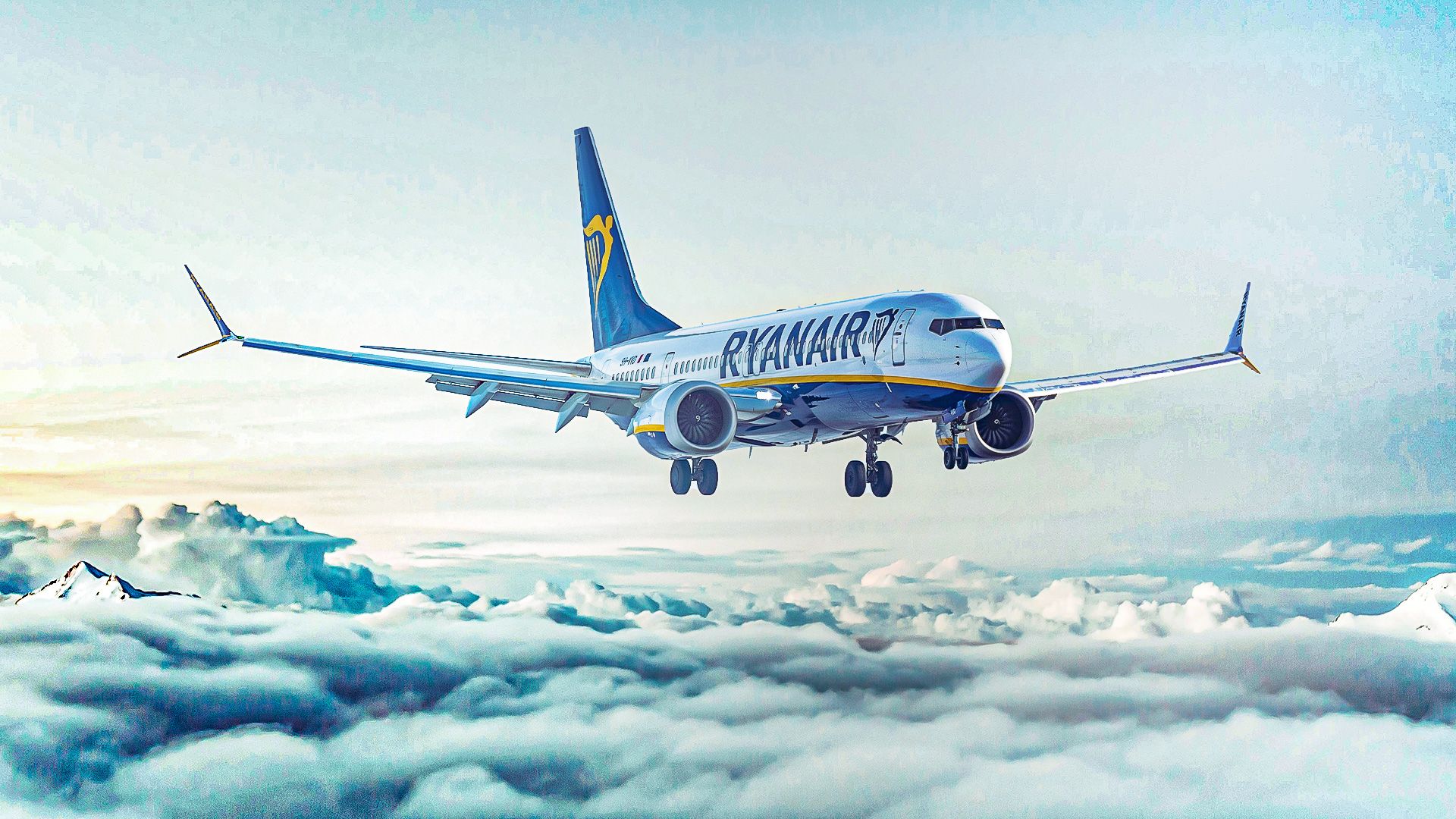World
Ryanair Transitions to Digital Boarding Passes Starting November

Ryanair, the prominent low-cost airline, is set to implement a new policy that will eliminate printed boarding passes starting on November 12, 2023. The airline will transition to a fully digital system accessible via the myRyanair app. While many travelers are accustomed to using apps, concerns have been raised regarding the ability of some passengers, particularly older individuals, to adapt to this change.
The decision to adopt a paperless boarding pass system is aimed at streamlining the travel experience. Ryanair estimates that this shift will save approximately 300 tonnes of paper annually. Passengers will be required to check in online through the app, which the airline states is already utilized by nearly 80% of its customers. However, a significant number still prefer traditional check-in methods.
Support for Passengers and Exceptions
Ryanair’s Chief Executive, Michael O’Leary, has downplayed concerns about the transition, assuring travelers that assistance will be readily available at the airport. He emphasized the importance of checking in online prior to arriving at the airport to avoid additional fees. O’Leary remarked, “Almost 100% of passengers have smartphones, and we want to move everybody onto smartphone technology. Just make sure you check in online before you get to the airport, and then all will be fine.”
Despite the digital shift, the airline acknowledges potential challenges. Passengers who lose their phones or face battery issues may not be able to access their boarding codes. In such cases, Ryanair staff will issue a paper boarding pass for free, provided the passenger has checked in online. The airline has also ensured that boarding passes will be accessible offline once check-in is completed.
Certain exceptions apply to this new policy. Flights departing from Morocco and Tirana, Albania will still require printed boarding passes. Passengers who check in using the app will avoid incurring check-in fees, which range from $30 to $60 per passenger at the airport.
Digital Systems and Industry Challenges
The aviation industry has increasingly relied on digital systems to enhance operational efficiency. By automating check-in and boarding processes, airlines can reduce costs and improve passenger flow. Nevertheless, recent incidents have highlighted vulnerabilities in these systems. For instance, Alaska Airlines experienced a nationwide ground stop due to an IT outage, while Southwest Airlines faced significant disruptions in late 2022 when its crew scheduling software failed, affecting over 16,900 flights during a critical travel period.
As airlines continue to embrace digitalization, they must also contend with rising cyber threats. Several European airports faced cyberattacks that compromised check-in and boarding systems, forcing staff to revert to manual processing and causing extensive delays.
The transition to a paperless boarding pass system by Ryanair marks a significant step in the evolution of air travel. While it offers potential benefits in efficiency and sustainability, the airline’s commitment to supporting all passengers will be crucial as this new policy takes effect.
-

 Top Stories2 months ago
Top Stories2 months agoTributes Surge for 9-Year-Old Leon Briody After Cancer Battle
-

 Entertainment3 months ago
Entertainment3 months agoAimee Osbourne Joins Family for Emotional Tribute to Ozzy
-

 Politics3 months ago
Politics3 months agoDanny Healy-Rae Considers Complaint After Altercation with Garda
-

 Top Stories2 months ago
Top Stories2 months agoIreland Enjoys Summer Heat as Hurricane Erin Approaches Atlantic
-

 World3 months ago
World3 months agoHawaii Commemorates 80 Years Since Hiroshima Bombing with Ceremony
-

 Top Stories3 months ago
Top Stories3 months agoFianna Fáil TDs Urgently Consider Maire Geoghegan-Quinn for Presidency
-

 Top Stories1 month ago
Top Stories1 month agoNewcastle West Woman Patricia Foley Found Safe After Urgent Search
-

 World3 months ago
World3 months agoGaza Aid Distribution Tragedy: 20 Killed Amid Ongoing Violence
-

 World3 months ago
World3 months agoCouple Convicted of Murdering Two-Year-Old Grandson in Wales
-

 Top Stories3 months ago
Top Stories3 months agoClimbing Errigal: A Must-Do Summer Adventure in Donegal
-

 Top Stories3 months ago
Top Stories3 months agoHike Donegal’s Errigal Mountain NOW for Unforgettable Summer Views
-

 World3 months ago
World3 months agoAristocrat Constance Marten and Partner Convicted of Infant Murder









